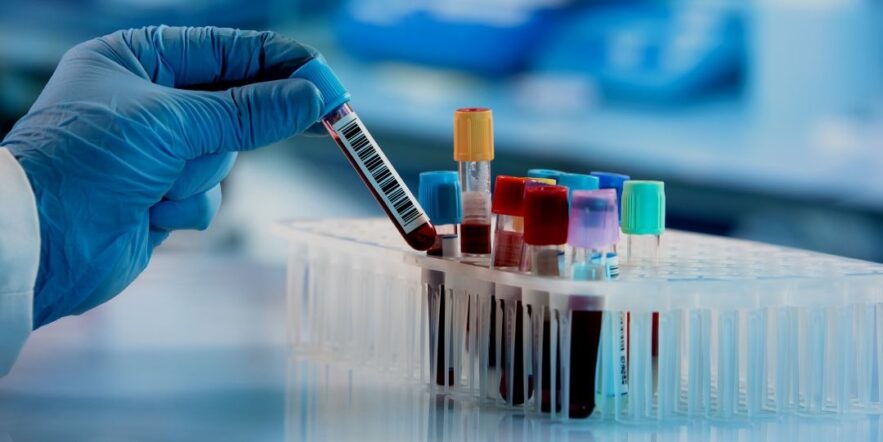One of the most promising treatments for COVID-19 is convalescent plasma, a component of blood. People who have been infected with the virus and are now healthy have developed COVID-19-fighting antibodies, which, the theory is, can be given to people currently sick with COVID-19 so that those antibodies can boost their immune system’s response to help them recover. The practice of plasma transfusions to transfer antibodies from one person to another is not a new procedure and has been used for many decades for a host of diseases.
The question currently facing researchers is whether COVID-19 plasma transfusions are both safe and effective in helping to clear the virus in those who are sick with COVID-19.
So far, it appears there are no safety issues with COVID-19 plasma transfusions. A recent study of 5,000 patients who received convalescent plasma from people previously infected found that there were no safety issues and fewer than 1% of patients experienced a significant adverse event. In the seven days after transfusion, approximately 15% of the patients died. This indicated that the plasma didn’t work for them, the deaths were not blamed on the transfusion process. The doctors running this trial called it a success, but because there was no control group (equally sick patients who received either no treatment or a different treatment), it is difficult to ascertain if the convalescent plasma saved any lives or, in fact, harmed patients.
It’s also important to note this study was released in pre-print format, meaning it wasn’t reviewed by other researchers prior to release. Pre-publishing articles used to be rare, but during the pandemic it has become increasingly common as researchers strive to get research out as soon as possible.
For those who donate the plasma, there are few risks. It’s just as safe as donating blood.
Earlier this month and before the above study was released, the Cochrane Library released a review of studies evaluating the safety of convalescent plasma for COVID-19. Of the eight studies identified, the Cochrane authors’ found that the overall quality of the data was poor and there was a high risk of bias in all of them. In their conclusion, they noted that there have been no randomized, controlled trials or controlled, non-randomized studies to evaluate the benefits and harms of convalescent plasma.
Arturo Casadevall, MD, PhD, professor of molecular microbiology and immunology and infectious at the Johns Hopkins Bloomberg School of Public Health and School of Medicine, believes that the plasma transfusions are safe and is “cautiously optimistic” that the plasma is an effective treatment for those with COVID-19. He was one of the researchers who worked on the 5,000-patient safety analysis.
Casadevall says that using plasma transfusions as a way to fight infections in others is a technique that has been used for nearly a century. It was effective during the 2003 SARS (Severe Acute Respiratory Syndrome) epidemic, as well as the 2009 H1N1 swine flu pandemic, according to Casadevall. While this is encouraging, he notes that further testing needs to be conducted to confirm this is the case with the novel coronavirus.
Casadevall said he is encouraged by a recent study out of Italy that found in moderate to severe COVID-19 patients, plasma therapy can significantly reduce mortality. While the study only included 46 patients in various states of respiratory failure and no control group, mortality in the ICU of these patients in the ICU averaged 15% before using convalescent plasma and declined to 6% after the plasma infusions. In addition, results showed it can improve patients’ overall condition and reduce the risk of complications, such as improvement in pneumonia and infection.
About 16,000 people in the US have received plasma treatment so far, and the patients are constantly monitored by doctors and results are evaluated by a data safety monitoring board, says Casadevall. He said that while plasma donations overall are safe, there is a possibility that some people given plasma may experience a condition known as antibody-dependent enhancement, a phenomenon where the antibodies can actually lead to more cells becoming infected, though he has not seen this with COVID-19 plasma transfusions.
Casadevall says that evidence is mounting that the earlier plasma transfusions are given, the better the outcome for patients. “We’re hoping a few more months from now, the data will be even more solid.”
If you had COVID-19 and would like to donate plasma, the FDA has set up a website with links to organizations that can help you find locations.






